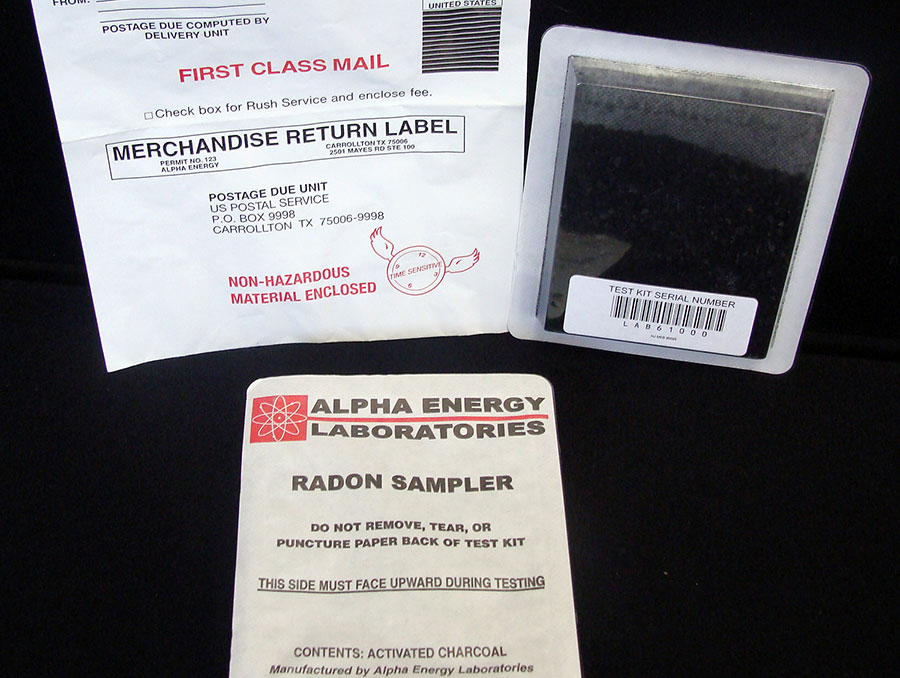Governor Sisolak has proclaimed January Radon Action Month in Nevada, and University of Nevada, Reno Extension is offering short- and long-term radon test kits so that homeowners can identify whether their homes have high levels of the cancer-causing gas and can take steps to mitigate risks. Radon test kits are available at Extension offices and partnering locations statewide for free in the months of January and February.
Radon is a naturally occurring, radioactive gas that is colorless, odorless and tasteless. It comes from the ground and can accumulate in homes, raising the risk of lung cancer. The U.S. Environmental Protection Agency estimates 21,000 Americans die each year from radon-caused lung cancer, killing more people than secondhand smoke, drunk driving and house fires.
The Governor’s Proclamation reads, in part, “…it is important for the health and wellbeing of all Nevadans that one month each year should be set apart from the rest and be known as Radon Action Month in Nevada to support efforts to encourage all residents of the Silver State to test their homes for radon, mitigate elevated levels of radon, and have new homes built with radon-reducing materials and features…”
In Nevada, one in four homes tested show radon concentrations at or above the EPA action level. According to experts, living in a home with radon concentrations at the action level poses a similar risk of developing lung cancer as smoking about half a pack of cigarettes a day.
The risk of radon-caused lung cancer can be reduced. A simple three-day test can determine if a house has a radon problem, and winter is the recommended time to test. If radon problems are found, they can be fixed. It is recommended to test homes every two years for radon risk.
More information and a list of test kit locations can be found on the Radon website. Some Extension and partner offices have regular hours, while others are open by appointment only. Contact your local Extension office for up-to-date hours.
Extension, the EPA, the Nevada Division of Public and Behavioral Health, and the Governor’s proclamation urge all Nevadans to test their homes for radon. The Nevada Radon Education Program is a program of University of Nevada, Reno Extension and is funded by the Nevada Division of Public and Behavioral Health through Grant Number K1-96963520-1 from the EPA. Since the program began in 2007, about 33,900 homes have been tested in Nevada.
















